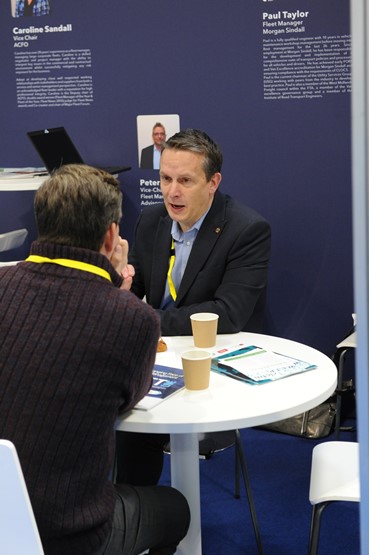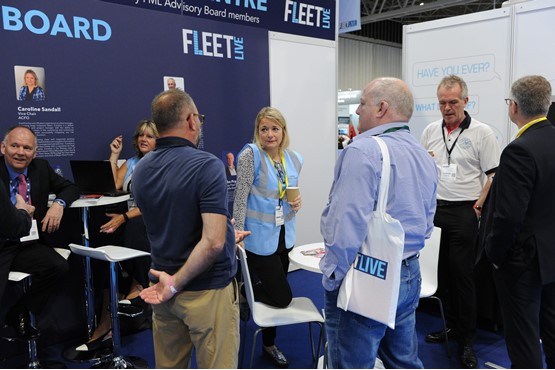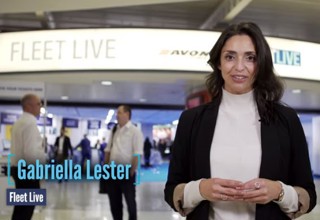Fleet managers from a range of business sectors were on hand to offer advice. Here are four fleet challenges they helped address...

Q: I’m a data analyst, how do I become a fleet manager? What is the salary like? Should I focus on cars or vans?
A: I would recommend doing the ICFM training – that’s what I did when I started. I got my first job as a fleet administrator at Siemens, that turned into fleet manager. Then I moved to a commercial fleet manager role at Kier, that turned into a general manager to run a fleet department and then I ended up at Anglian Water as head of fleet services.
So, I started from the ground up. I think it’s a case of taking the opportunities when they come up. Salary depends on the size of the fleet and the responsibilities. Cars or vans? Cars are more volatile, particularly with the taxation uncertainty, whereas the commercial vehicle market is only going to grow so a mix (of cars and vans) is great. But, if you were going to tailor-make it, I would probably focus on commercial vehicles.
Your data skills and analytical nature is the future of fleet – interpreting telematics data or driver behaviour scores, that’s the way fleet is moving.
Stewart Lightbody, head of fleet services, Anglian Water
Q: I am concerned about end of contract damage charges from my leasing provider. What advice can you give me?
A: Damage recharges are a problem the whole industry faces. It’s a driver behaviour and societal problem because there will always be drivers who treat their company car badly and fight tooth and nail at end of contract but, equally, leasing companies can be guilty of unreasonable charges, especially if they don’t get the vehicles repaired after charging for damage and the residual value is unaffected.
I set my expectations early with the leasing companies, I put into the contracts about profit and loss on residual values, and have grown up conversations about early terminations or end of contract charges.
If they prove to me that my driver has signed for it and the damage is evident with pictures I will pay their bill. But, if they can’t, then I won’t pay. So, it’s taking a pragmatic approach to it.
Stewart Lightbody, head of fleet services at Anglian Water
Read more on end-of-contract charges

Q: Is it best to use ‘the carrot’ or ‘the stick’ or a bit of both to change driver behaviour?
A: Predominantly carrot because people are always more reluctant if they’re forced to do things. If they understand the rationale – that it’s for their benefit, for their safety, to get them to go home to their families every evening – then they’re more likely to buy into it.
A willing volunteer is worth 10 pressed men as they say. You will always get those odd ones – the bad apples – who don’t comply but that becomes an attitude problem and often their attitude may not be good with a customer and they may not be good at internal process with the paperwork etc.
So, you may need to manage those people out of the business or you use the stick more than you would do with those who want to work with you.
But it’s engagement as well, you need to get them at the start of the journey and take their feedback and their thoughts so they feel involved and, to a degree, they’re empowered as well.
Rory Morgan, head of logistics support – Western Europe, Iron Mountain
Q: We work in finance and procurement and we want to write a fleet strategy. Where do we start?
A: As you’re in London you’ll very soon be going zero emission; you won’t have a choice. You’ll need to look at your vehicle lifecycles and decide whether to buy or lease electric vehicles and Fleet Live is a great opportunity to have introductory meetings with leasing companies, maintenance providers and EV charging providers, as well as attend strategy sessions.
There is a lot of knowledge in this room you can tap into immediately. When you’re writing your fleet strategy, as well as all the basics, think about the bigger picture and your company’s core strengths and guiding principles, can you turn some of these challenges into opportunities?
What are your short-term mitigating actions as well as your longer term direction?
Lorna McAtear, head of fleet supply, Royal Mail



















Login to comment
Comments
No comments have been made yet.